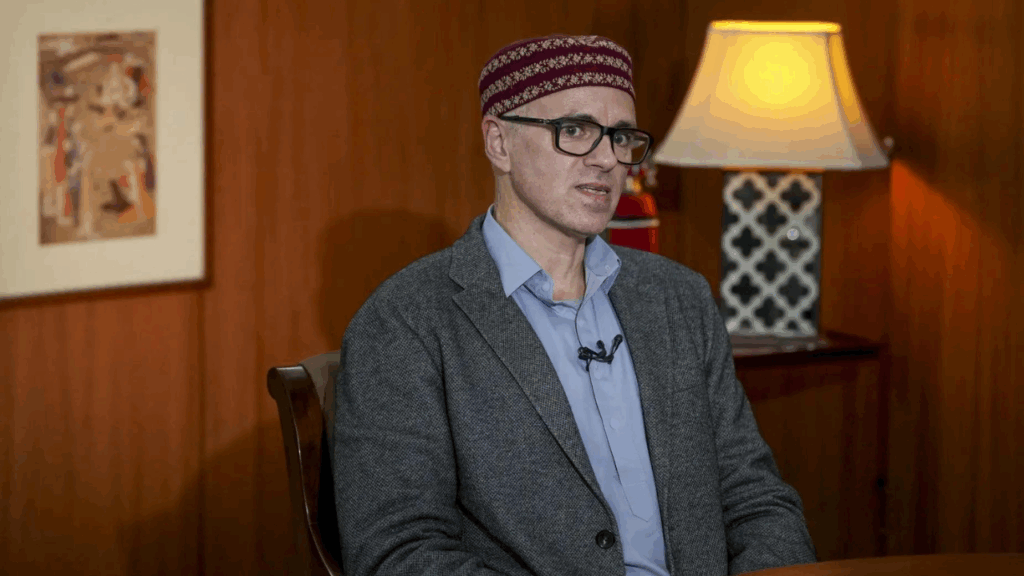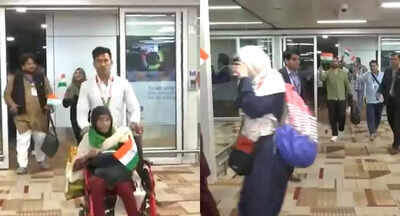
Jammu and Kashmir Chief Minister Omar Abdullah has firmly rebuked the Congress party for questioning the integrity of Electronic Voting Machines following its loss in Maharashtra’s assembly polls. He asserted that political parties must stand by the voting technology when it delivers a favourable outcome and only question it in defeat.
Abdullah highlighted that the same machines were employed by Congress candidates who secured over 100 seats in Parliament, applauding their effectiveness. “You can’t celebrate a win with them and then reject them when results go against you,” he said during an interview with PTI. The chief minister urged the Congress to maintain consistency in its approach and warned that parties should refrain from contests if they lack trust in the electoral system.
His comments come in response to Congress leaders who, on the back of losses in Haryana and Maharashtra, have demanded a shift back to paper ballots. The party’s working committee issued a resolution questioning the Election Commission’s impartiality. However, Abdullah, a senior leader in the INDIA bloc, dismissed such claims as politically motivated and selective.
Omar Abdullah’s intervention underscores rifts within the INDIA alliance, especially concerning electoral strategy and leadership. Tensions previously surfaced during the Jammu and Kashmir assembly elections, where the National Conference won 42 of 90 seats compared to Congress’s meagre six—a disparity that Abdullah attributed to a lack of commitment from his ally.
The dispute deepened when Trinamool Congress’s Abhishek Banerjee also dismissed allegations against EVMs, challenging Congress to demonstrate flaws before the Election Commission. Banerjee argued that scrutiny must be based on evidence and formal procedures, not conjecture. His stance mirrored Abdullah’s demand for logical consistency rather than politically expedient accusations.
Congress leader Manickam Tagore responded sharply, pointing out that it was other INDIA bloc members—the Samajwadi Party, NCP and Shiv Sena —who had voiced concerns over EVMs, not Congress itself for electoral defeats. Tagore questioned Abdullah’s framing of the debate, stating Congress had only addressed issues through proper channels and urged its ally to “verify facts”.
Political analysts note that this episode highlights deeper fault lines within the opposition alliance. While Congress seeks to mobilise around concerns of ballot integrity, Abdullah and other partners insist such tactics risk undermining credibility and do not withstand technical scrutiny.
Abdullah, who returned as chief minister in October after the 2024 assembly elections, stressed that trusting election outcomes is a fundamental aspect of democracy. Drawing on his own political journey—losing a parliamentary race while winning a state majority—he maintained he never blamed the machines.
This confrontation over EVM trust is likely to intensify as the political climate heats up ahead of the 2026 general elections. With the opposition alliance attempting to consolidate, disagreements on core issues like electoral integrity may strain unity, especially when partner parties diverge sharply on public messaging and strategy.




 Pilot’s Striking Response Prevents Hyderabad Flight Disaster
Pilot’s Striking Response Prevents Hyderabad Flight Disaster 